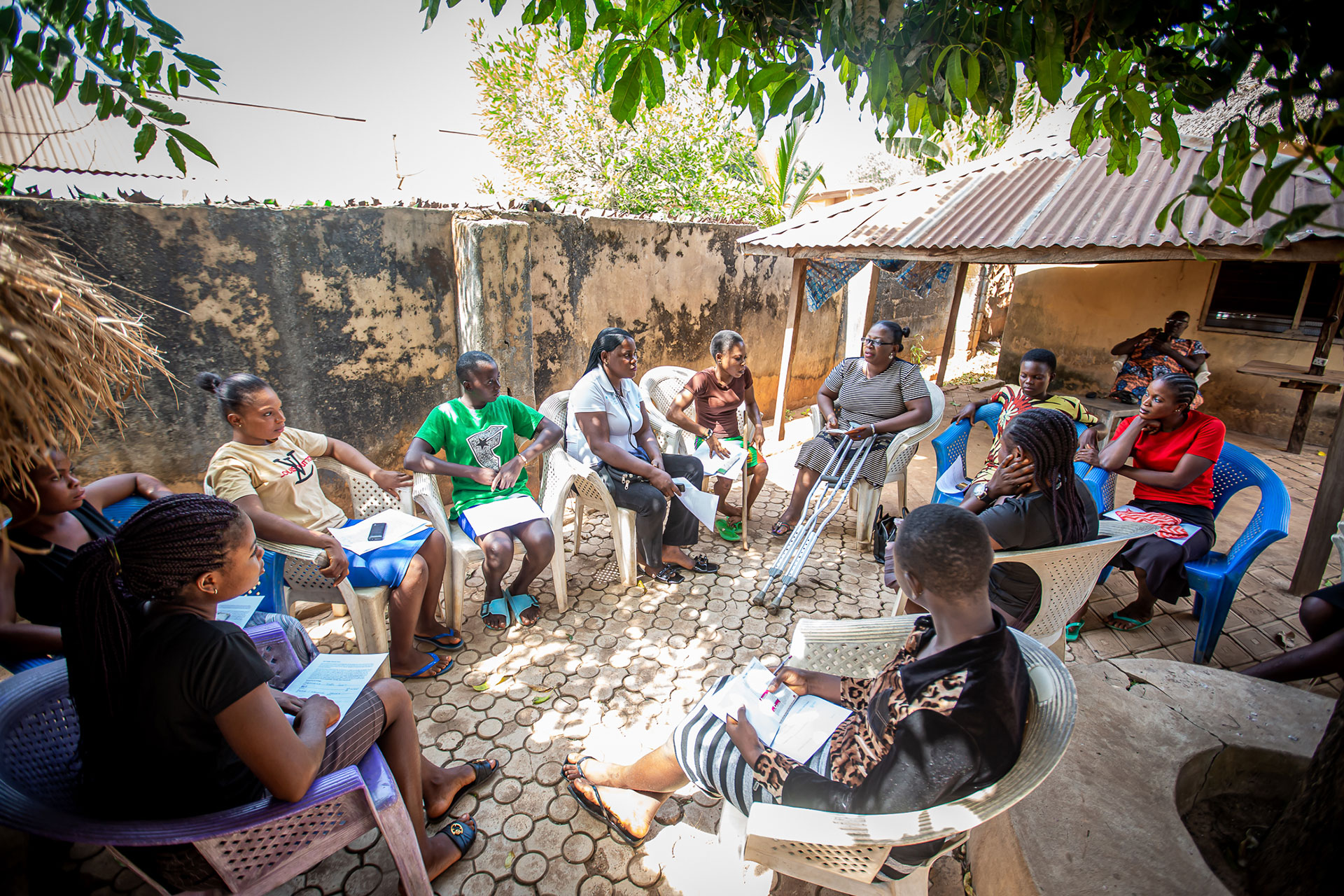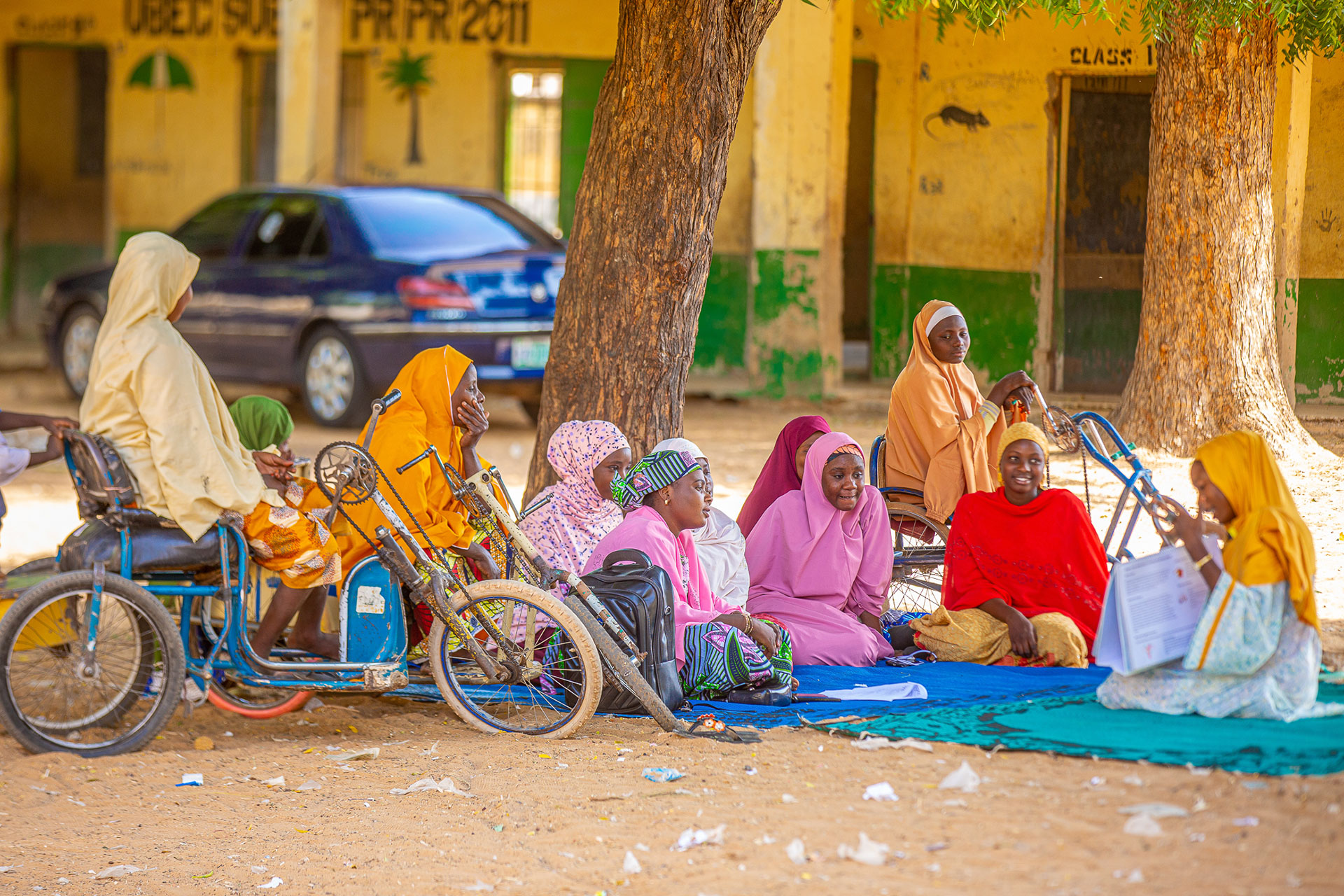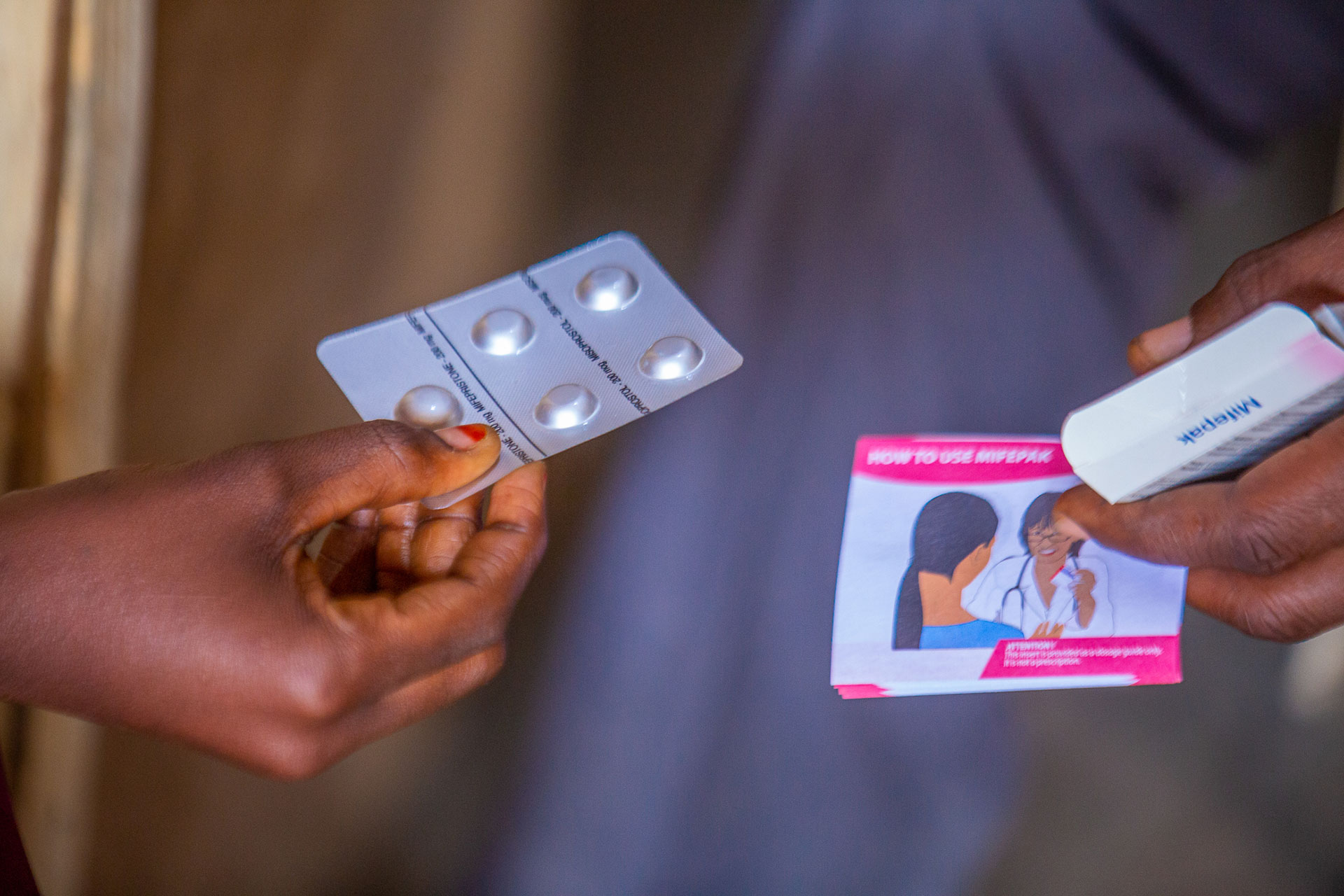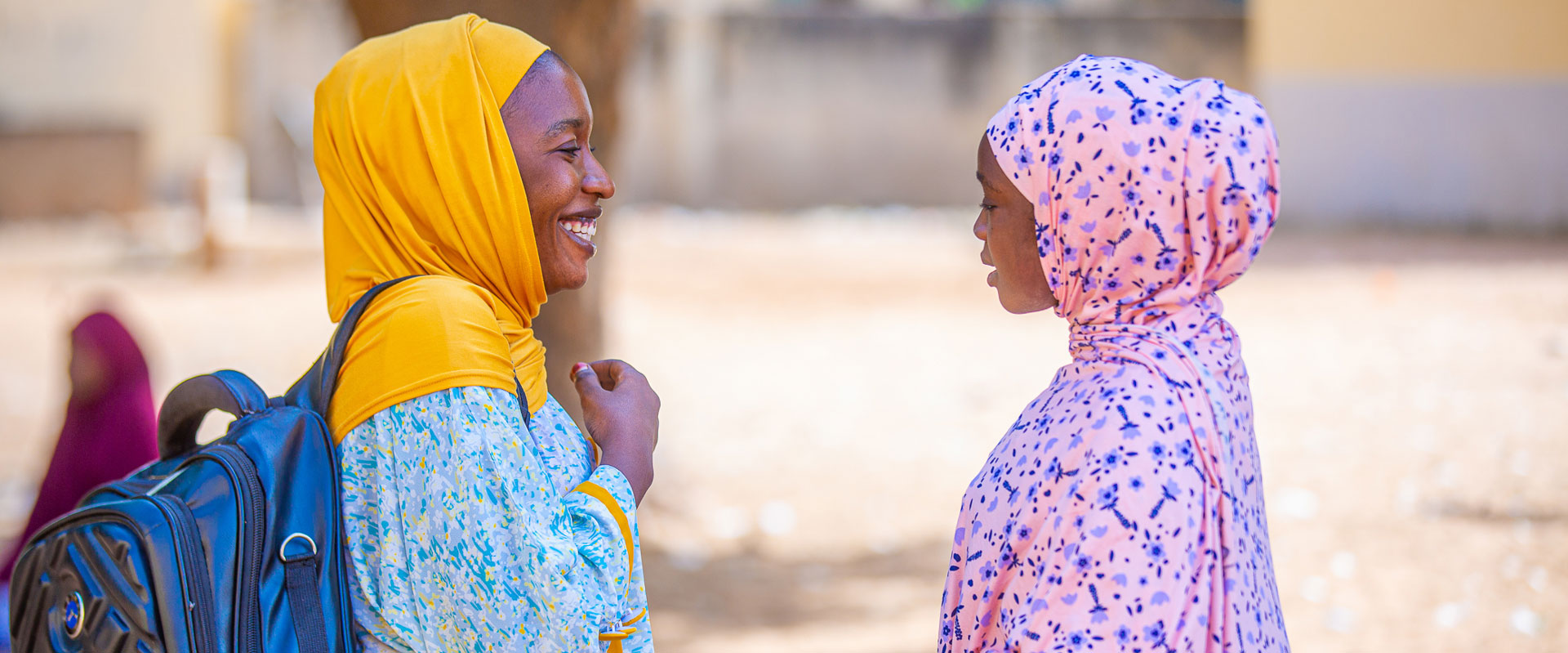In Nigeria, one of every five teenage girls and young women aged 15-19 are already mothers or pregnant with their first child. Girls in rural areas are three times more likely to have begun childbearing than girls in urban areas. And compared to girls and young women with at least some secondary education, those with no education are far more likely to have begun childbearing.
These findings, from Nigeria’s 2018 Demographic and Health Survey, highlight what’s known as the CTS nexus (child marriage, teenage pregnancy and school dropout)—complex and overlapping issues which put girls and young women at risk of unwanted pregnancies, sexual abuse and living in poverty.
A project by the Ipas Nigeria Health Foundation that provided girls and young women sexual and reproductive health information and access to quality health services—including safe abortion and contraception—touched directly on these issues. The project aimed to improve their overall ability to determine their own futures and meet their full potential.
Focusing on an area in northern Nigeria, the project involved:
- Collaborating with local partner organizations
- Developing a manual to help educate young people, community leaders and others on sexual and reproductive health and rights
- Training peer educators to reach out to young people and others in the community
- Working with pharmacists (known in Nigeria as patent medicine vendors) to dispense medications and information to young people referred to them through the project
Teaming up with local partners
As a first step, Ipas reached out to local community-based organizations for their input into developing a manual that would inform and educate young girls and others in the community on sexual and reproductive health and rights issues. The process took into account the differing socio-cultural contexts surrounding young people and prioritized gathering feedback from them so that their viewpoints were integrated into the manual.
Lawan Abdullahi, Executive Director of VILDEV, one of the community organizations Ipas partnered with, said the manual proved to be helpful: “Without it, the issue of culture will not allow the girls to even know such information. The manual is very comprehensive and educates not only the young girls but even adults.”
Peer-to-peer outreach
Within a one-year period, the educational information and materials produced by Ipas and local partners reached more than 7,000 adolescent girls living in marginalized communities in Jigawa, Benue, and Gombe States. The community work delved deeply into information and education sharing on sexual and reproductive health issues including safe abortion and contraception. The project also built referral pathways to care—so that girls, young women and community members would know how to get information and services from patent medicine vendors or, if needed, care at hospitals or clinics.
An adolescent girl in Jigawa was among the many peer-to-peer educators trained during the project. She said that most young girls were not knowledgeable about reproductive health issues: “We didn’t know about safe abortions. Whenever anyone wanted to terminate a pregnancy, we were always afraid because only traditional medicine was used. After the training, I have tried to spread awareness and also educate others, just like I was educated.”

Peer-to-peer educators reached out to community groups.

Creating pathways to care
Patent medicine vendors were trained by Ipas to ensure that appropriate life-saving reproductive health care is delivered to girls and young women in need of it, and girls and young women were given information on how to access those services. In addition, community leaders and others were brought together by Ipas for abortion values clarification and transformation workshops, which encouraged them to reflect on their values and attitudes toward abortion and consider the consequences when pathways to safe abortion are not available.
A patent medicine vendor in Benue State said, “People don’t want to mention the issue of abortion. But after the training by Ipas, we came to discover that even though people don’t want to hear the name of abortion, it was still going on…and some are using methods that may damage their life.” He added that the peer-to-peer outreach work by Ipas “has improved our relationship with the adolescent girls in the community. We are able now to relate with them and attend to them. We make sure that we supply them with what they need, or we can refer them to where they can obtain such services.”

Patent medicine vendors received training on dispensing needed reproductive health medications and information.
Danladi Abubakar, a community leader in Jigawa State, was also engaged in the project. He said the new information he gained “has changed my perception and thinking…Ipas has really helped us by creating awareness and enlightenment—and has motivated us to spread this awareness.”
Lucky Palmer, director of the Ipas Nigeria Health Foundation, says access to comprehensive sexual health is critical to create better opportunities for girls to finish school and achieve their dreams. “With this project, we have been able to reach communities and empower adolescent girls with the right information about their sexual health, as well as link them to safe services,” he says.
“
The project is not just about access to information, it is about securing the future of generations of the community, because when one girl is trained, it benefits at least three generations.”



